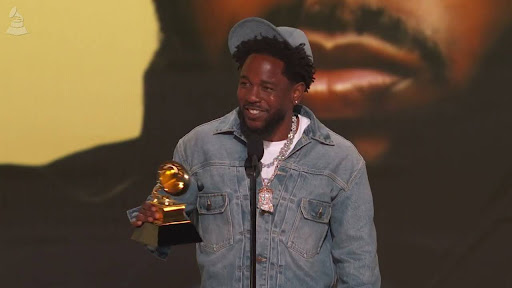Sustainability is not just about recycling and making the planet “greener,” which many may think when they hear the word. Sustainable development includes dealing with social, cultural and economic issues as well. Reducing inequalities and providing a quality education for all are some of the issues we need to address.
The graduating seniors and I will be entering a world that is filled with such global issues. However, the question that remains is how will we approach those problems? Universities indeed have the critical role of becoming leaders of promoting sustainability. In a world where we are referred to as a “throwaway culture,” it is evident that colleges should be preparing the future generations with the knowledge and practice of sustainable development. The decisions we make today influence others and affects what happens tomorrow. Therefore, becoming more conscious about others and your surroundings will help build this sustainable future.
The way we design the systems of today results in those global issues that the United Nations is trying to solve through their Sustainable Development Goals. Promoting the United Nations’ Sustainable Development Goals should be considered by institutions of higher education.
As we live in a more globalized world, higher education’s important role in promoting sustainable development has increased. According to UNESCO, education for sustainable development “empowers people to change the way they think and work towards a sustainable future.” Service work and implementing courses related to sustainable development are the first steps toward a sustainable future.
Not only does sustainability result in a more conscious mindset, but you also start to look at problems through different lenses. In practice, the education systems should be training the future leaders of tomorrow with the knowledge, skills and values of creating a sustainable future. This is very important, as we will become the future creative thinkers solving the problems of yesterday.
As we see a number of new jobs arising in areas such as renewable energy, waste management requires a new mindset. The way we think and act has a major impact on how we go about those jobs.
It is important to remember that implementing sustainability is a two-way street. Educators have a role in preparing the future generations and students must implement the skills they have acquired.
Therefore, empowering the future lawyers, doctors, policymakers and educators of tomorrow is just the beginning of transforming the future.








